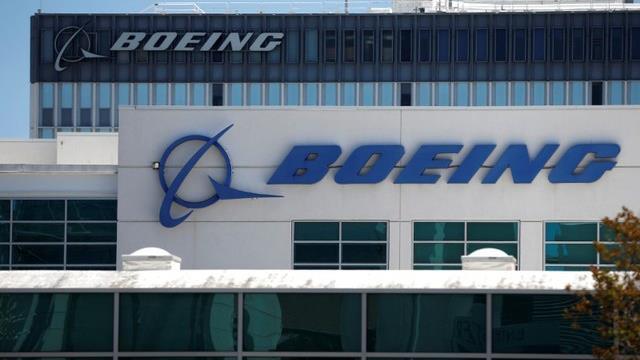Boeing workers vote to unionize at South Carolina plant
A small group of workers at Boeing’s South Carolina voted in favor of joining the International Association of Machinists and Aerospace Workers (IAM) union on Thursday, a rare decision in a state where labor unions are highly unpopular.
About 180 flight-line workers at the North Charleston campus will be allowed to organize into a “micro unit,” potentially separating the group from the rest of the thousands of employees at the facility. The vote gives IAM a foothold among Boeing’s South Carolina employees.
The plane maker promised to appeal the vote, arguing that forming this type of “micro-unit” at its plant where the workers are highly integrated, is illegal.
“Boeing continues to believe that this type of micro-unit is prohibited by federal law,” a spokesperson for Boeing South Carolina said in a statement. “While we are deeply disappointed with the result and are appealing, we will come together as we continue to deliver on our customer commitments.”
Boeing, worried that parsing out different rules for a subset of employees might hamper efficiency, failed last week when it asked labor regulators to delay the vote until it could appeal the decision that allowed it to go forward. The win for micro unions is even more rare after labor regulators issued a recent ruling that appeared to scale back their reach.
Thursday’s vote marks the third time the IAM has tried to organize Boeing workers in South Carolina – and its first victory. The group already represents more than 35,000 Boeing employees.
Last year, a union vote among a larger group of employees failed at Boeing’s South Carolina facility. Both sides faulted each other’s tactics to influence employees’ votes, according to The Wall Street Journal.
Workers at the South Carolina plant, which opened in 2011, manufacture 787 Dreamliners. The facility is the only one that produces the 787-10, the largest of the Dreamliner models.
South Carolina has the lowest union membership of any state, according to data from the Bureau of Labor Statistics. It is a right-to-work state, meaning workers are not required to sign up for a union as a condition of employment.
Meanwhile, Washington state, the home of Boeing’s other manufacturing facilities, has one of the highest rates of union representation.




















